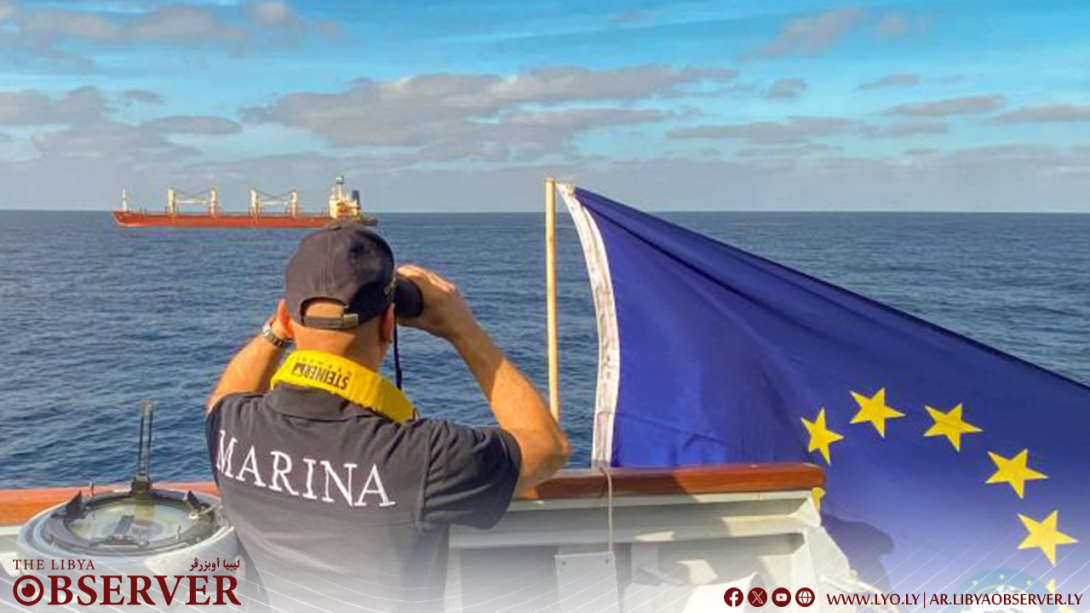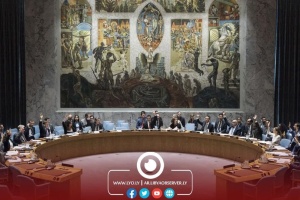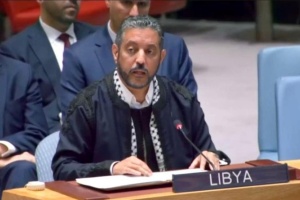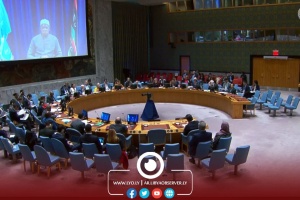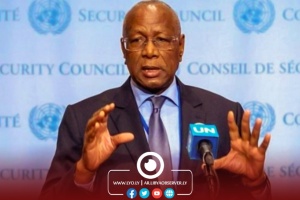The Security Council is expected to vote this month on a resolution renewing for one year the authorization for member states through Operation IRINI, acting nationally or through regional organisations, to inspect vessels on the high seas off the coast of Libya, bound to or from Libya, that they have reasonable grounds to believe are violating the arms embargo.
The current authorization expires on 2 June.
The Council will also receive the biannual briefing of the International Criminal Court's Prosecutor, Karim Khan, on Libya-related activities, Security Council Report website said on Thursday.
Many Western reports revealed the continued violation of the resolution banning the arming of various parties to the conflict in Libya, accusing the Russian side of transferring equipment and ammunition, while talking about the failure of IRINI's mission.
Although some Western and European parties defended the mission saying that it succeeded during the last four years in seizing many illegal ships and thwarting smuggling operations, reports indicate that the Russian and Turkish sides were able to bring large quantities of weapons and ammunition to the parties to the conflict, which represents a failure of the European mission.
Turkey was the only country that refused to allow IRINI board its ships, and in 2020, it confronted a European force that attempted to board one of its ships.
Today, there are reports of growing Russian role in transferring weapons to the eastern Libyan region in the midst of the growing influence struggle with the West, especially after the war in Ukraine. Reports confirm that the Hariqa port in Tobruk received five arms shipments under the supervision of Russian forces, which represented a violation of UN resolutions.

